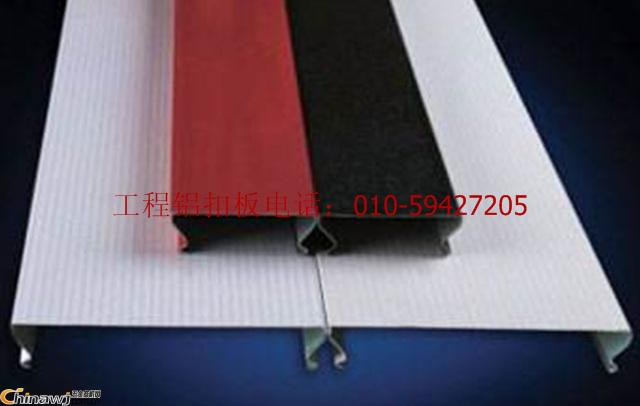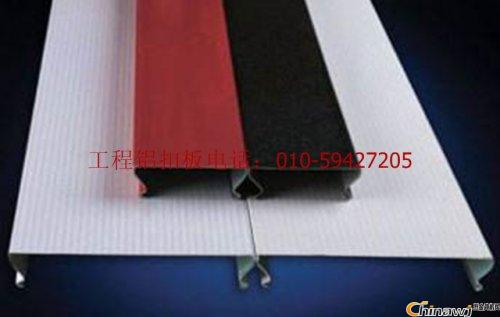First, high-strength solid glue is used. The general brand of glue can be applied evenly on the corner surface, and the wall surface that is in contact with the corners should be smooth and flat, otherwise the corner paste effect is not good. After leveling, you can stick the corners tightly on the wall. It is best to pull the wire when pasting the corners so that the corners of the installation are relatively straight.
Second, the nail is fixed. This one requires a higher technology. It is mainly applied to walls that are not suitable for gluing. If you can't stick it with glue, you must use a nail gun to fix the corners to the wall. This kind of installation requires a relatively high technique, and if it is not skilled, it is likely to break the corners.




Http://news.chinawj.com.cn
 Editor: (Hardware Business Network Information Center) http://news.chinawj.com.cn
Editor: (Hardware Business Network Information Center) http://news.chinawj.com.cn 
A ballcock (also balltap or float valve) is a mechanism or machine for filling water tanks, such as those found in flush toilets, while avoiding overflow and (in the event of low water pressure) backflow. The modern ballcock was invented by José Antonio de Alzate y RamÃrez, a Mexican priest and scientist, who described the device in 1790 in the Gaceta de Literatura Méxicana.[1] It consists of a valve connected to a hollow sealed float by means of a lever, mounted near the top of the tank. The float is often ball-shaped, hence the name ballcock. The valve is connected to the incoming water supply, and is opened and closed by the lever which has the float mounted on the end. When the water level rises, the float rises with it; once it rises to a pre-set level, the mechanism forces the lever to close the valve and shut off the water flow. This is an example of negative feedback and of proportional control.
Ball Cock, Brass Ball Bibcock, Ballcock Valve, Toilet Ballcock Valve
ZHEJIANG KINGSIR VALVE CO., LTD. , https://www.kingsir-valves.com